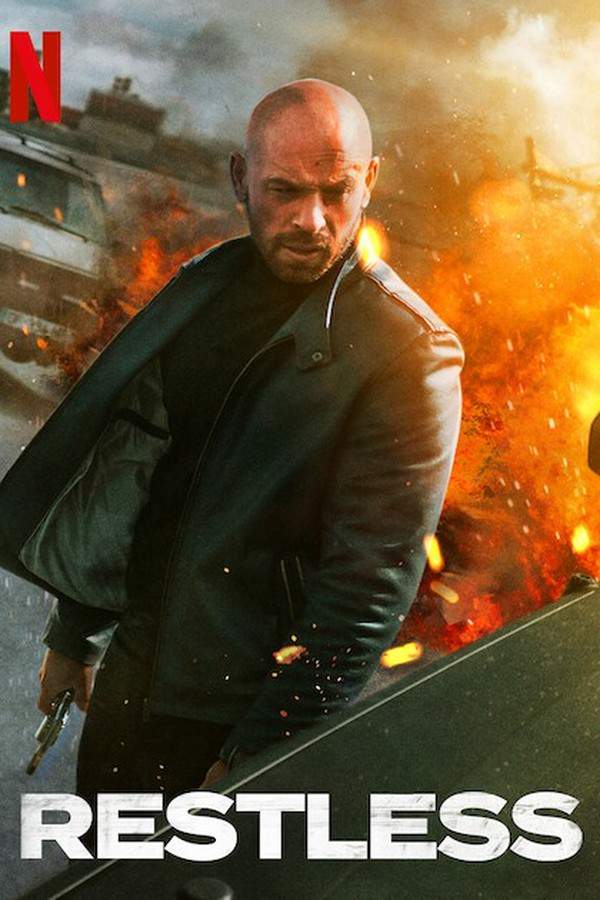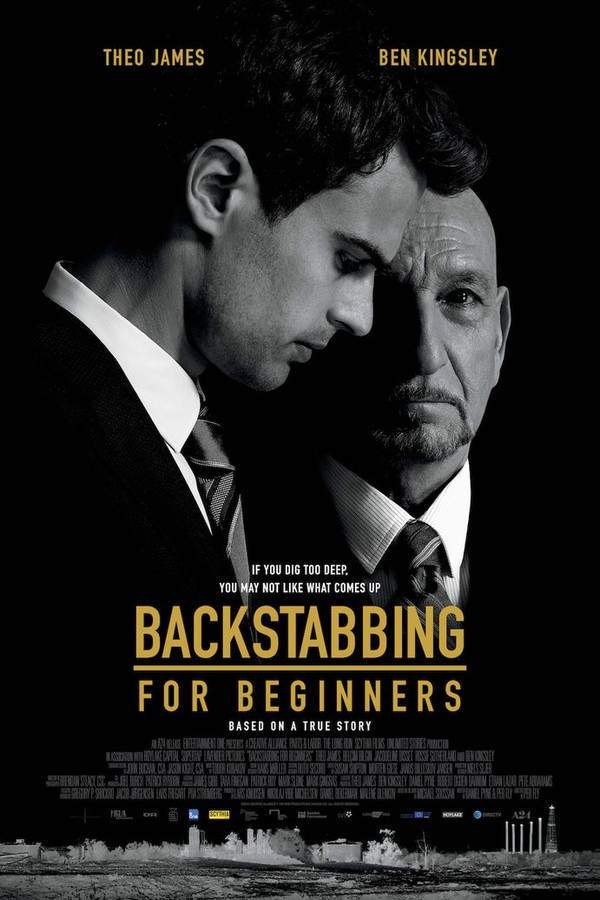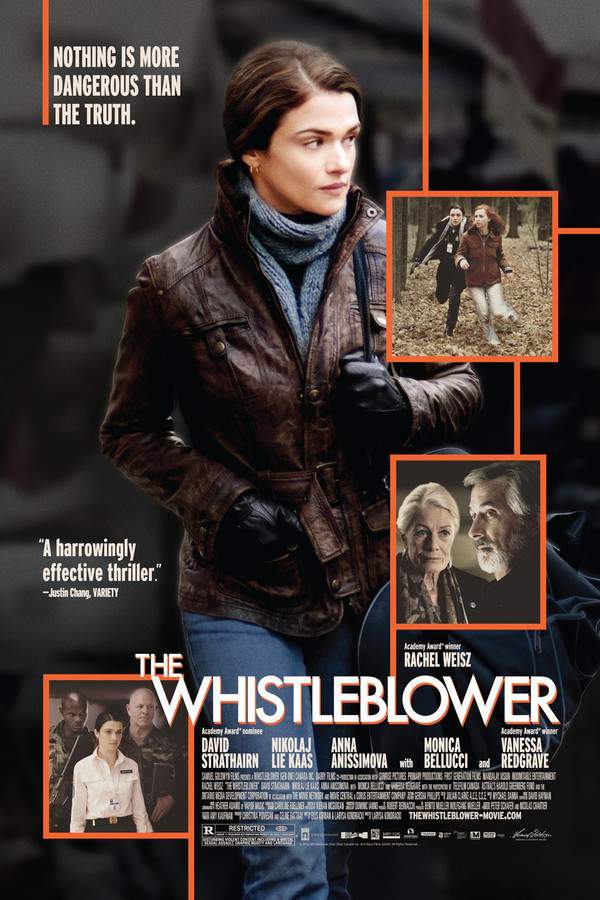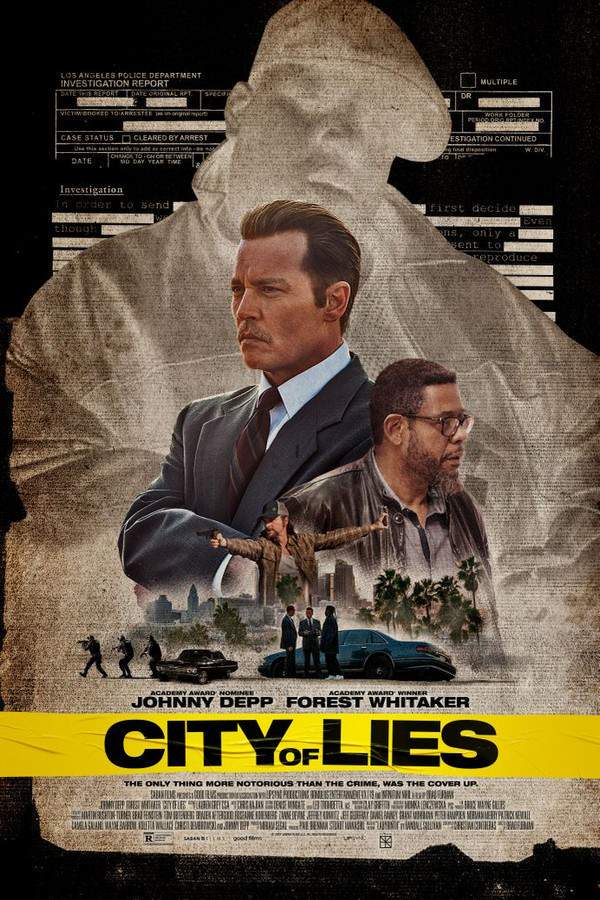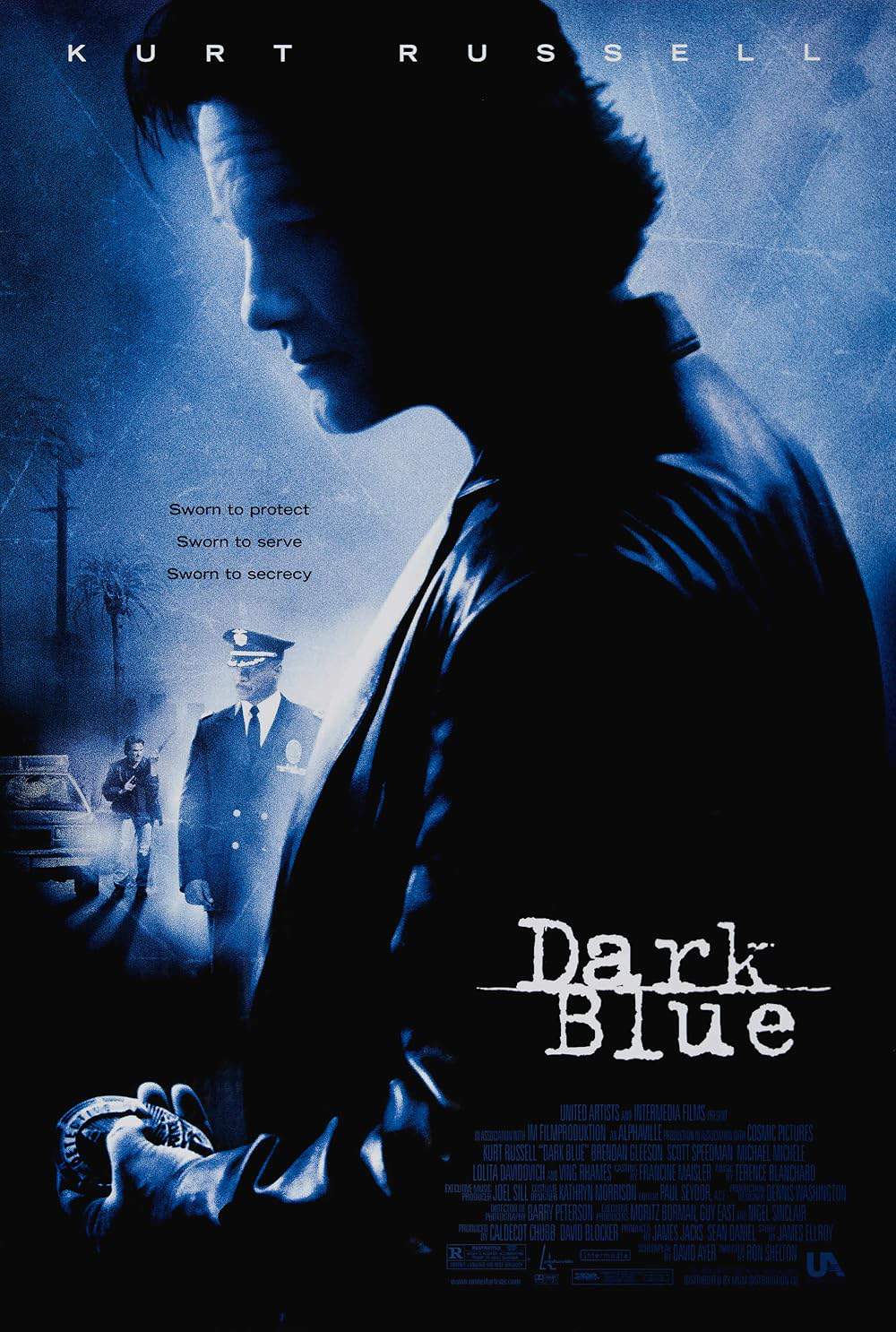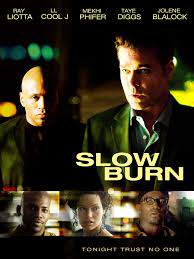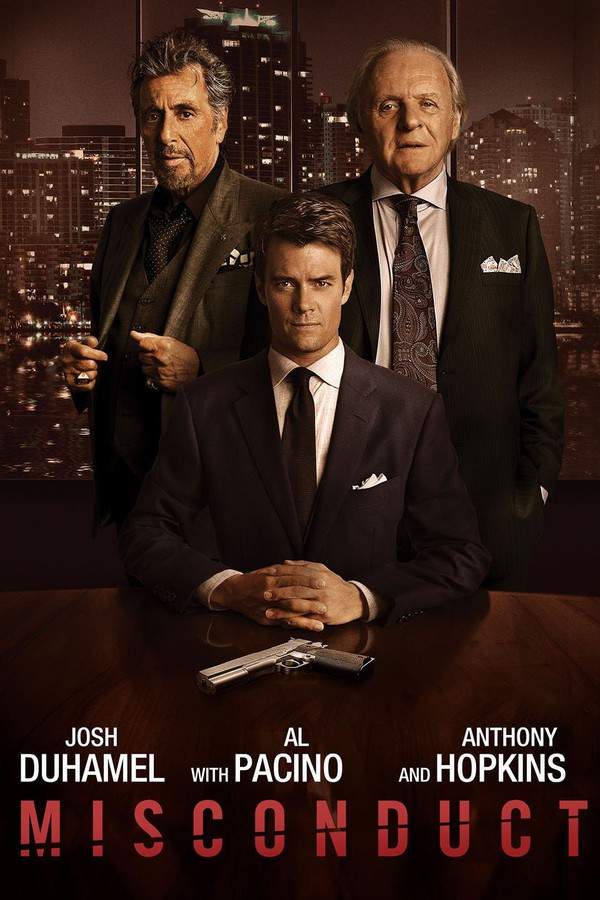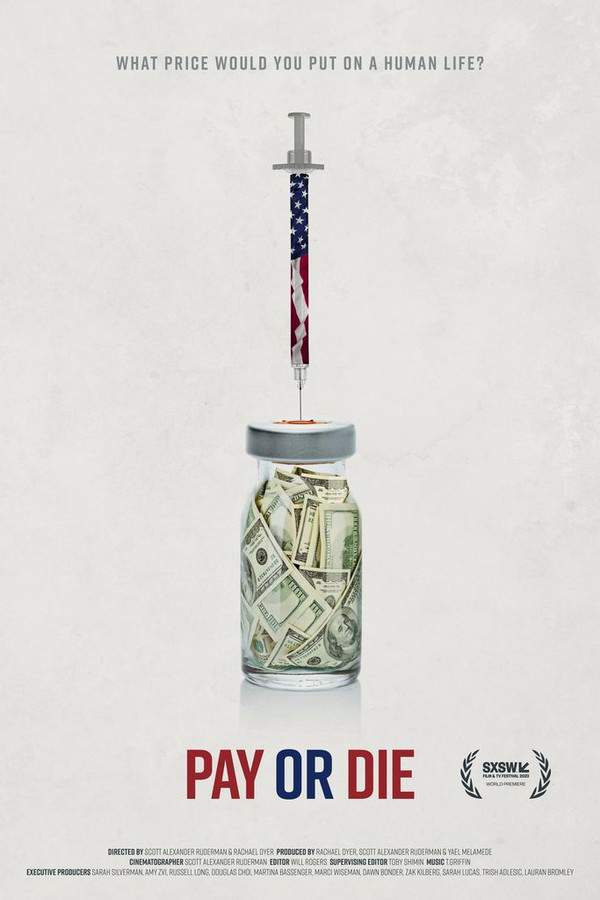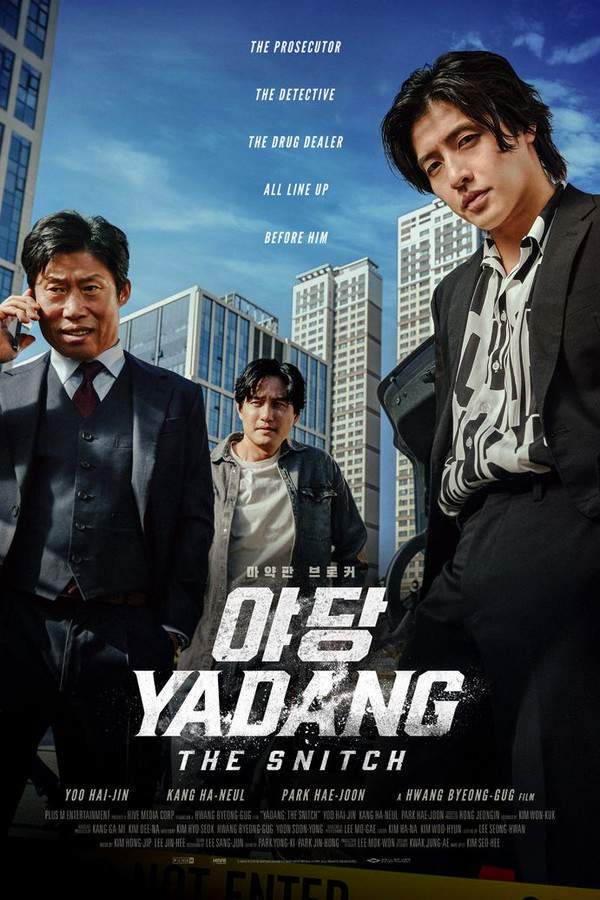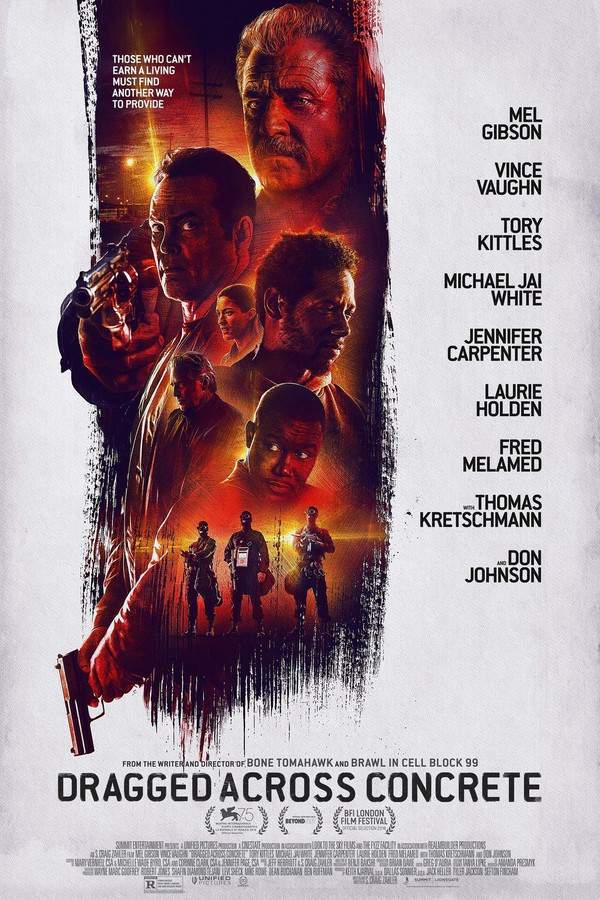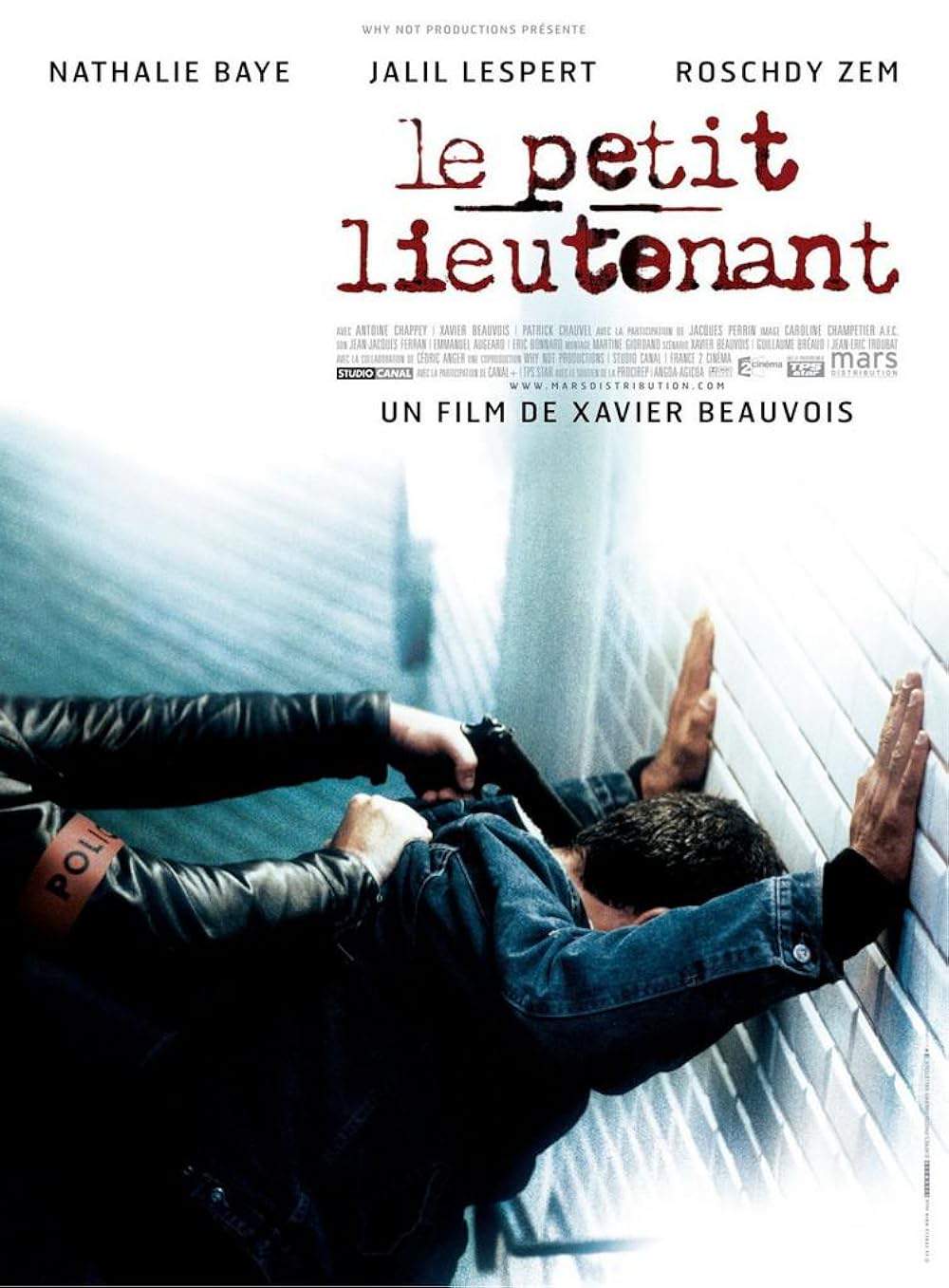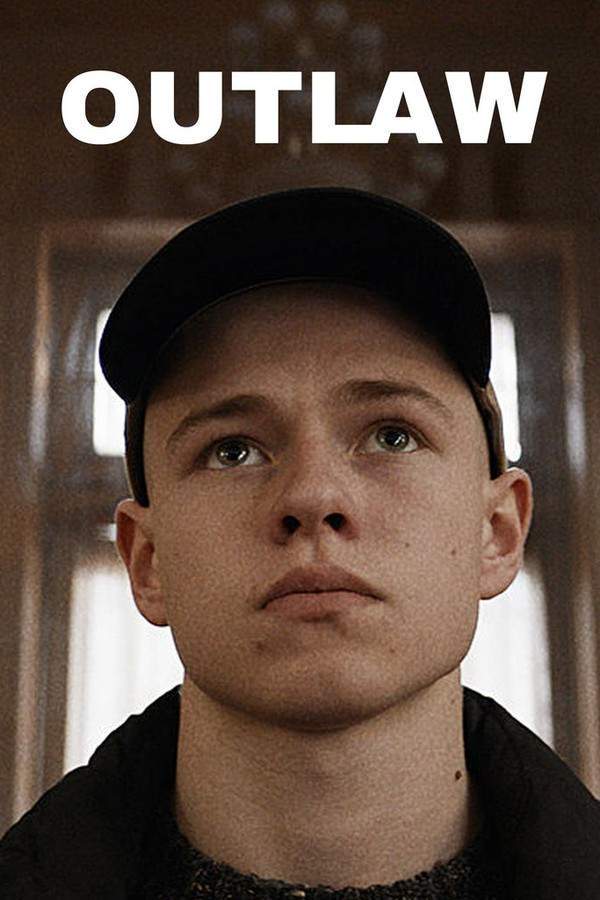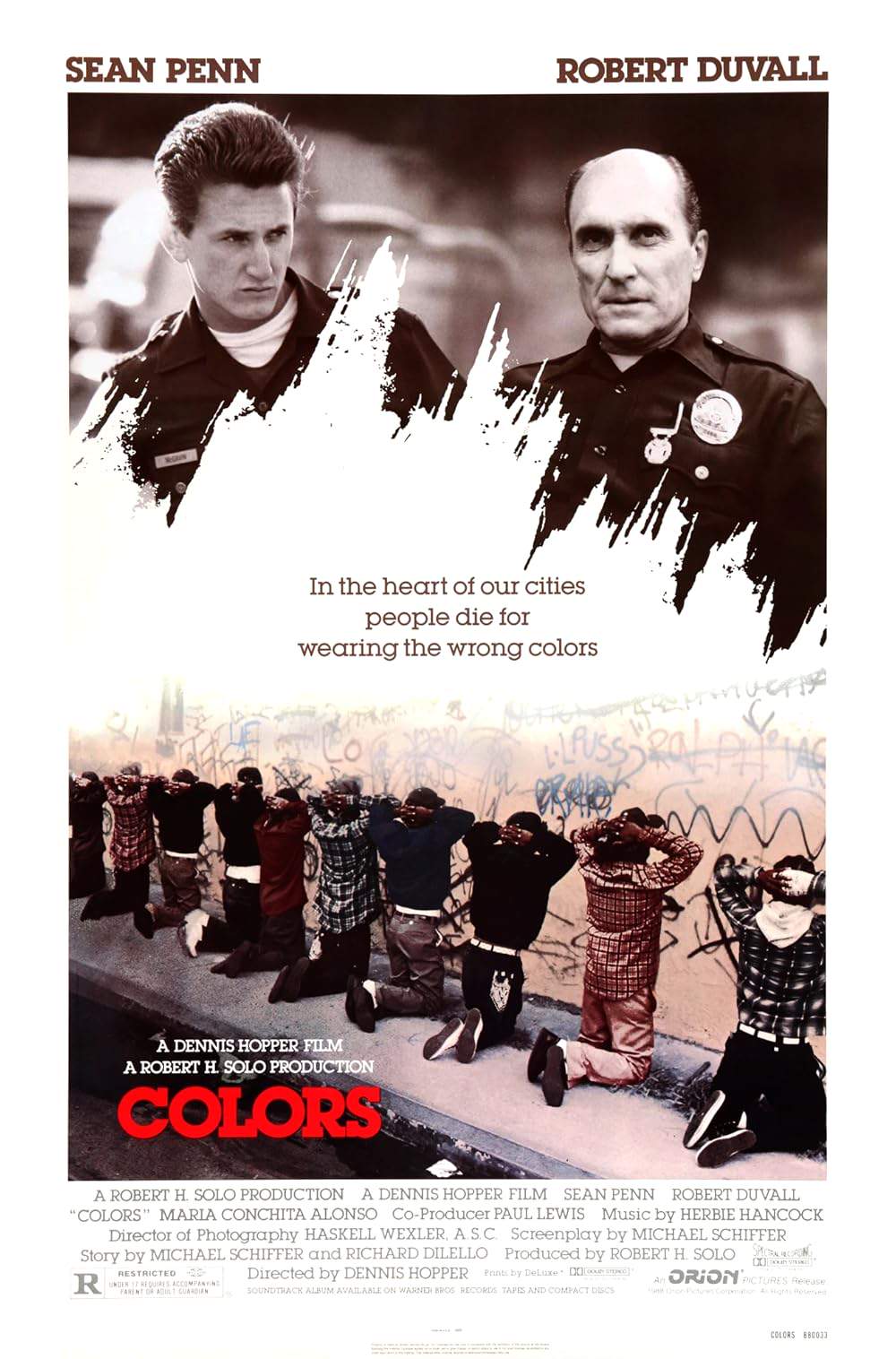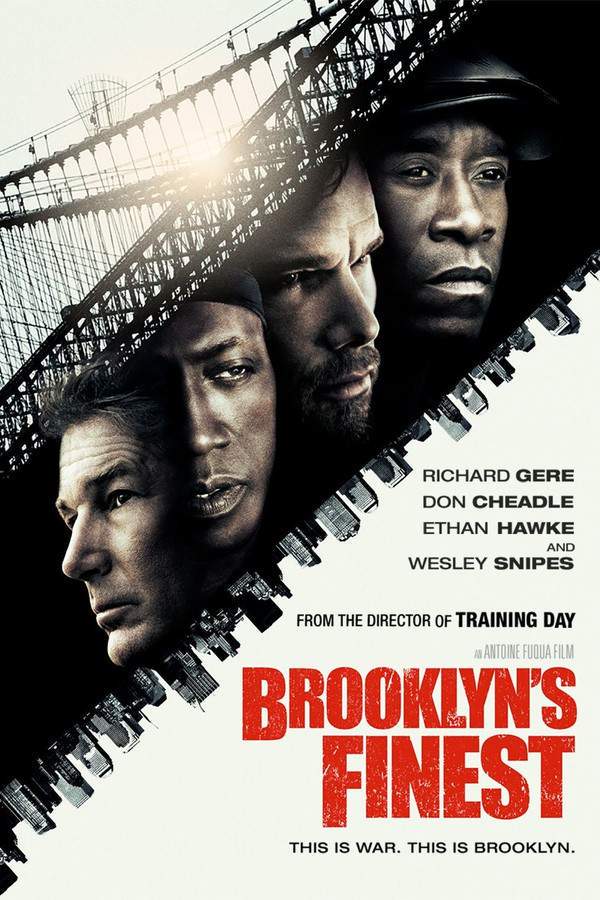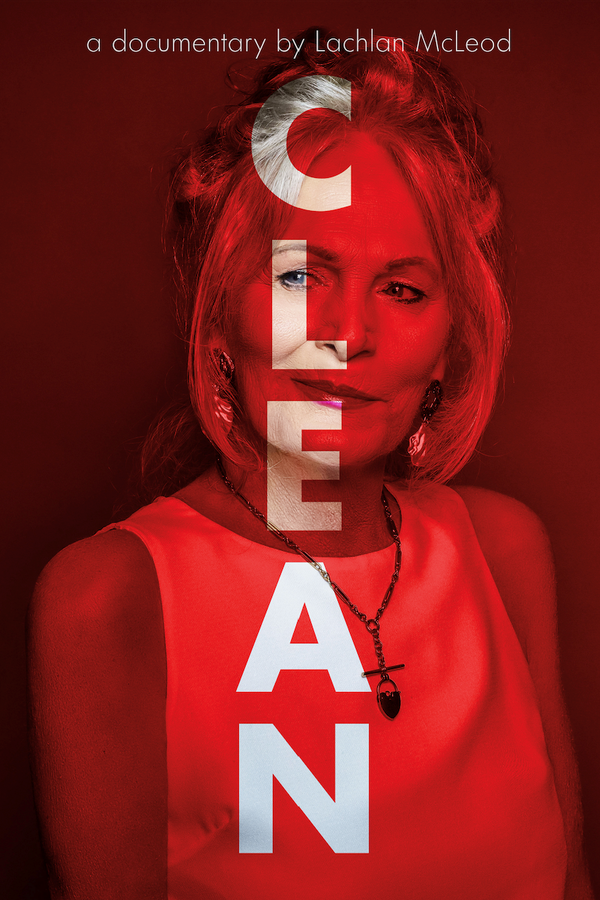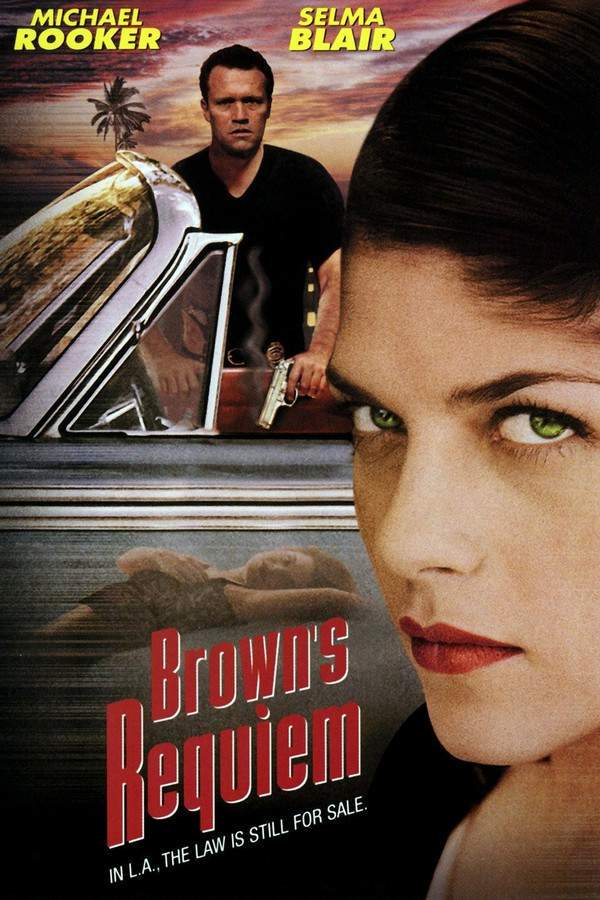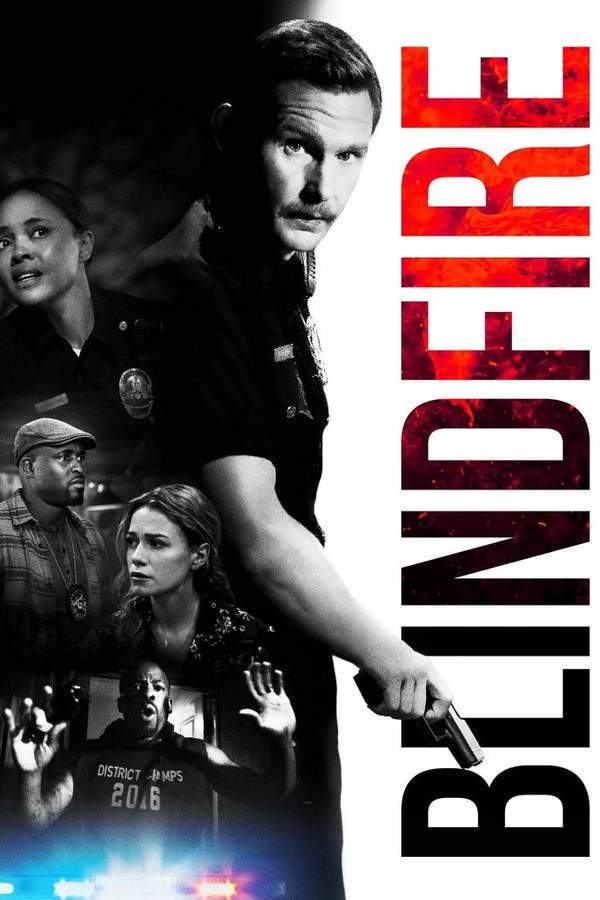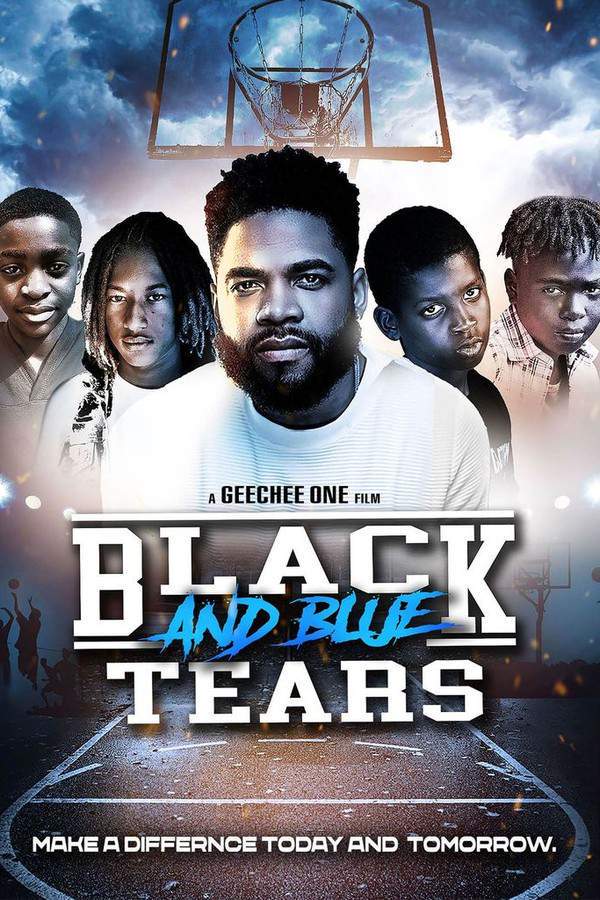
The Glass Shield
Year: 1994
Runtime: 109 mins
Language: English
Director: Charles Burnett
Rookie deputy J.J. is the first Black officer in a white‑dominated sheriff’s department, where he and the new female trooper endure daily racism from fellow deputies. While testifying in the murder trial of Teddy Woods—whom he helped arrest—J.J. uncovers deep police corruption and must risk his own safety to pursue truth and justice.
Warning: spoilers below!
Haven’t seen The Glass Shield yet? This summary contains major spoilers. Bookmark the page, watch the movie, and come back for the full breakdown. If you're ready, scroll on and relive the story!
The Glass Shield (1994) – Full Plot Summary & Ending Explained
Read the complete plot breakdown of The Glass Shield (1994), including all key story events, major twists, and the ending explained in detail. Discover what really happened—and what it all means.
John “J. J.” Johnson, a young and inexperienced deputy in the Los Angeles Sheriff’s Department, faces immediate challenges as he navigates the complexities of being the department’s first Black deputy. Due to his race and inexperience, he encounters suspicion and tension from some of his white colleagues, making his initial days on the force difficult. Despite these obstacles, Johnson finds an unexpected ally in Deputy Deborah Fields ([deputy-deborah-fields]), the department’s first female deputy, and the two slowly develop a friendship built on mutual respect amidst the often hostile environment.
One day, during a routine patrol, Johnson supports Deputy Bono ([deputy-bono]) in stopping a suspect, Teddy Woods ([teddy-woods]), at a gas station. Bono discovers a warrant for Woods’ arrest after running his driver’s license, and when he finds a stolen pistol in Woods’ vehicle, the deputies proceed with his detention. Woods vehemently claims his innocence, asserting that he has no connection to the crime, but the officers are more interested in building a case against him. This incident sparks broader concerns about racial profiling and police misconduct within the department.
Meanwhile, Deputy Fields arrives at the scene of a murder but finds her observations dismissed by detectives Baker ([det-baker]) and Hall ([det-hall]), who are more concerned with confirming their preconceptions. Mr. Greenspan, a community member, alleges that a Black man murdered his wife during a robbery, and the detectives attempt to pressure Woods into confessing by linking his stolen pistol to the crime. Despite their efforts, Woods remains stubbornly innocent, much to his lawyer, James Locket ([james-locket]),’s frustration, who advises him to be more cooperative to improve his chances in court.
Meanwhile, community activist Reverend Banks ([reverend-banks]) raises concerns about the suspicious death of a Black prisoner, whom he strongly believes was murdered by the police while in custody. Johnson dismisses these worries, convinced that there is no concrete evidence. As the legal proceedings unfold, Johnson’s commanding officer, Watch Commander Clarence Massey ([richard-anderson]), learns that the police had stopped Woods because of his race and pushes Bono to find a justification other than racial profiling. Bono suggests accusing Woods of a traffic violation, and Johnson agrees to support this, earning praise from Massey for his loyalty, but also criticism from Deputy Deborah Fields for her reluctance to conform.
In court, Locket exposes inconsistencies in the police testimony, causing Johnson to question whether he made the right call. Shadows of doubt deepen as Fields and Johnson join forces to investigate the circumstances surrounding Woods’ arrest, uncovering a series of cover-ups involving Baker, Hall, and Massey. These revelations reveal a pattern of corruption and misconduct within the department.
As the trial continues, Greenspan’s testimony complicates the case, but Massey orders Baker to eliminate Greenspan to prevent him from becoming a liability. Hall, battling cancer, dies unexpectedly at the police station, further escalating tensions. Johnson and Fields continue their independent investigation, growing paranoid as they realize they were likely fed false information during their operations. When Fields is assaulted and hospitalized, Johnson’s frustration boils over, leading to a physical fight with Baker. Massey intervenes, temporarily incarcerating Johnson but later provides him with incriminating evidence, exposing Baker’s involvement in various crimes—including the murder of the prisoner and the framing of Woods.
The jury is deadlocked, and the scandal threatens to expose widespread police corruption that reaches into city government. The district attorney offers to dismiss the charges against Woods, but Locket pushes for a new trial, encouraged by a reluctant city councilman. During this turbulent time, Bono turns state’s evidence and testifies against Johnson, admitting to perjury committed by both of them. Confronted with the mounting evidence, Johnson pleads guilty and receives a suspended sentence. The department undergoes drastic changes; the Sheriff’s station is disbanded, and key figures like Massey retire, while Baker is sentenced to prison for his crimes. The other deputies, including Bono, are reassigned as the department attempts to rebuild trust and accountability.
This story vividly illustrates the struggles of a young deputy trying to uphold justice within a system rife with corruption, prejudice, and abuse of power, highlighting themes of integrity, community activism, and the pursuit of truth amidst adversity.
Last Updated: August 19, 2025 at 05:14
Explore Movie Threads
Discover curated groups of movies connected by mood, themes, and story style. Browse collections built around emotion, atmosphere, and narrative focus to easily find films that match what you feel like watching right now.
Movies about whistleblowers like The Glass Shield
Solitary figures risk everything to expose a deeply entrenched institution's rot.If you liked The Glass Shield, explore more movies about individuals exposing corruption from within. This collection features tense dramas and thrillers centered on whistleblowers facing institutional backlash, similar stories of uncovering truth in a hostile system.
Narrative Summary
Stories typically begin with a protagonist who is part of, or believes in, an established system. A pivotal event reveals a deep-seated corruption or injustice. The protagonist's journey involves gathering evidence, facing moral dilemmas, and enduring personal and professional risk as they attempt to bring the truth to light, often at great personal cost.
Why These Movies?
These films are grouped by their core narrative of institutional exposure and the intense personal conflict it creates. They share a tense, serious mood, a focus on ethical dilemmas, and a high-stakes atmosphere where the protagonist is pitted against a formidable, organized adversary.
Grim police dramas with realism like The Glass Shield
Unflinching portraits of police work marked by moral compromise and systemic failure.Fans of The Glass Shield will appreciate these similarly grim and realistic police dramas. Discover movies that explore the dark side of law enforcement, featuring corruption, moral dilemmas, and a heavy, tense atmosphere akin to the feel of The Glass Shield.
Narrative Summary
The narrative pattern involves a law enforcement protagonist confronting the harsh realities of their job, which often includes corruption, racism, or bureaucratic indifference. The journey is one of disillusionment, as idealized views of justice clash with a flawed system, leading to internal conflict and a struggle for personal integrity amidst systemic decay.
Why These Movies?
These films share a dark, serious tone and a commitment to portraying the unvarnished, often ugly truths of police work and institutional justice. They are united by a heavy emotional weight, a steady, procedural pacing, and a focus on themes like corruption, racism, and moral ambiguity within the system.
Unlock the Full Story of The Glass Shield
Don't stop at just watching — explore The Glass Shield in full detail. From the complete plot summary and scene-by-scene timeline to character breakdowns, thematic analysis, and a deep dive into the ending — every page helps you truly understand what The Glass Shield is all about. Plus, discover what's next after the movie.
The Glass Shield Timeline
Track the full timeline of The Glass Shield with every major event arranged chronologically. Perfect for decoding non-linear storytelling, flashbacks, or parallel narratives with a clear scene-by-scene breakdown.

Characters, Settings & Themes in The Glass Shield
Discover the characters, locations, and core themes that shape The Glass Shield. Get insights into symbolic elements, setting significance, and deeper narrative meaning — ideal for thematic analysis and movie breakdowns.

The Glass Shield Spoiler-Free Summary
Get a quick, spoiler-free overview of The Glass Shield that covers the main plot points and key details without revealing any major twists or spoilers. Perfect for those who want to know what to expect before diving in.

More About The Glass Shield
Visit What's After the Movie to explore more about The Glass Shield: box office results, cast and crew info, production details, post-credit scenes, and external links — all in one place for movie fans and researchers.

Similar Movies to The Glass Shield
Discover movies like The Glass Shield that share similar genres, themes, and storytelling elements. Whether you’re drawn to the atmosphere, character arcs, or plot structure, these curated recommendations will help you explore more films you’ll love.
Explore More About Movie The Glass Shield
The Glass Shield (1994) Scene-by-Scene Movie Timeline
The Glass Shield (1994) Movie Characters, Themes & Settings
The Glass Shield (1994) Spoiler-Free Summary & Key Flow
Movies Like The Glass Shield – Similar Titles You’ll Enjoy
Blindfire (2020) Movie Recap & Themes
Black and Blue (2019) Movie Recap & Themes
Black Cop (2017) Full Movie Breakdown
The Glass Jungle (1988) Full Movie Breakdown
Through the Glass Darkly (2020) Ending Explained & Film Insights
The Glass Cage (1964) Spoiler-Packed Plot Recap
The Glass Key (1942) Plot Summary & Ending Explained
The Shield of Honor (1927) Story Summary & Characters
The Glass Alibi (1946) Film Overview & Timeline
Color of Justice (1997) Plot Summary & Ending Explained
The Glass Web (1953) Movie Recap & Themes
The Glass House (1972) Film Overview & Timeline
Shield for Murder (1954) Full Summary & Key Details
The Glass Key (1935) Detailed Story Recap
The Glass Agency (1998) Full Summary & Key Details

